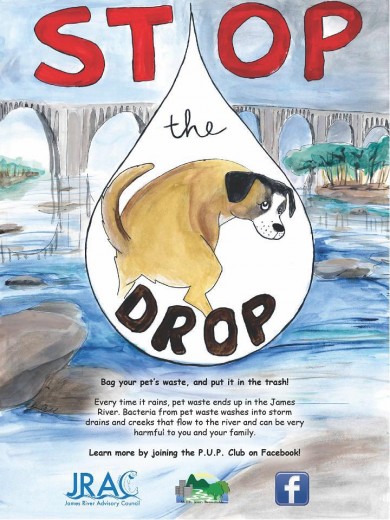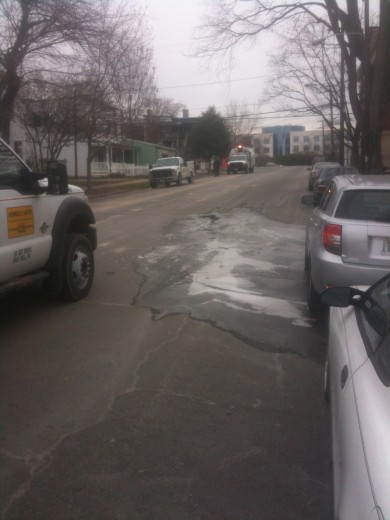Soon the City’s Dept. of Utilities will most likely announce recommendations towards a reduction in the $49 minimum monthly charge to ratepayers for water and wastewater service. The big question is what will that number be?
The expectation is that the planned reduction will be a little less than 20% of the total monthly minimum charge and there will be a new charity rate created for poorer residents who have trouble for paying their utility bills.
It would be easy for the citizens who have petitioned for water rate reform to declare victory and enjoy the hope that bills might be slightly less in the future for all Richmond households.
But, when the history and big picture are considered, they would be wise to not do that and stand behind their stated request- that Mayor Jones and Richmond City Council take immediate steps to lower the minimum monthly charge for water and sewer service to $15 per month, while raising the cost per CCF of water in line with the neighboring counties. There needs to be a change in the volume rate structure change to reward conservation with the first 5 ccf of water/sewer service at a lower rate, and with a premium volume rate for water/sewer over 5 ccf of volume.
My best guess is that City officials will propose a token drop in the service charge along with a large increase in the volume charge that more than makes up for the token decrease in the service charge. They quietly claim that lowering charges too much will create “a hole in their budget”. The reality is that the City can receive the same total revenue from its water works by slashing the minimum monthly service charge to equal that of Henrico’s (which it sells water to!) and instead charging a premium for customers who use more. In other words, make it progressive instead of regressive.
Also, keep in mind that the city paid $200,000 to hire a consultant to examine Richmond’s outrageous water/sewer rates (although reformers said that was not necessary). Despite requests, the consultants have not met with reform activists. In addition, there has been difficulty with getting access to the information given to the utility rate study consultant. The DPU office recently told a citizen that the information will not be put on the city’s web server unless the city receives $287.17 from the citizen.
The utility rates and service charges affect almost all residents and businesses in the city. It is sure to be an important issue during the budget review process (which looks to be extra rushed this year). It would help the Mayor and City Council if the public feels confident that all important information is being freely shared. This speaks to many of the open government concerns raised by activists. In other words, if Richmond citizens want to be treated fairly by the government and utilities that they own, they need to keep the big picture in mind.




